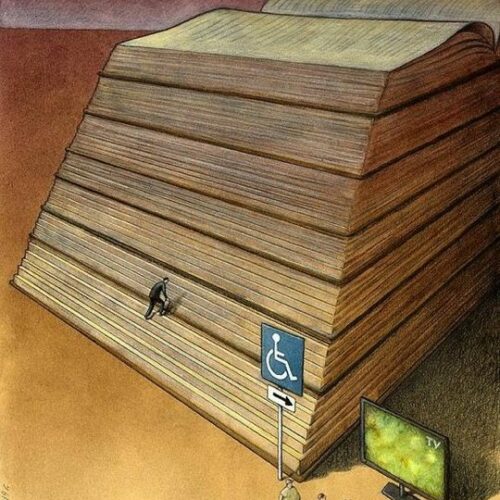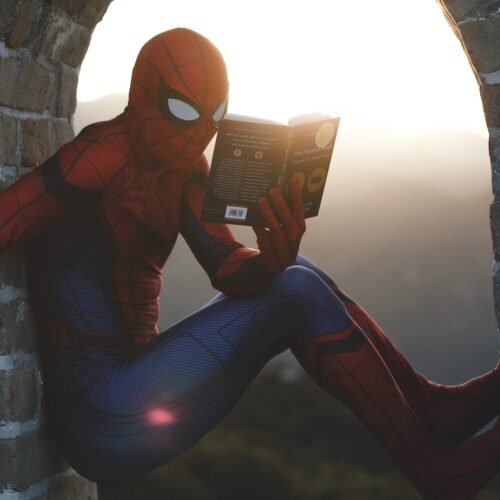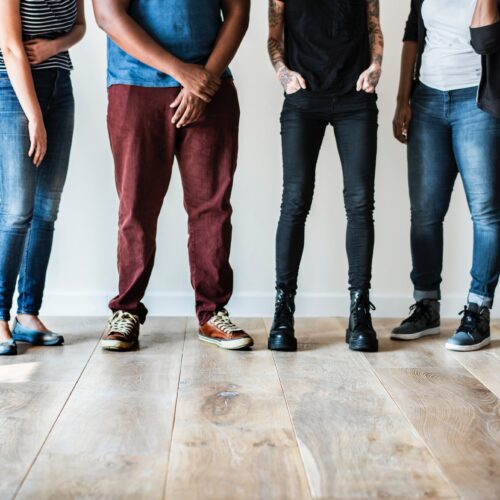That’s right rebels, the reading list for some spicy perspective shifts, twists and elongations is back for the year of the dragon. Since reading is fundamental, here are some smokin’ literary suggestions to light up those synapses and get them amygdalae firing – this list promises some mental-gaggery, emotional salivation and it will spin your political identities in a mindful flux.
The trip to the local library beckons, or any ideally non-Bezos-related publisher/delivery service (yes, shade), stock up on snacks, elevate your feet and enjoy the read.
Eva Illouz (2007)
Step into the Illouzian fantasy, a clenching account of emotions under capitalism. Contrary to intuition, freedom of choice does not guarantee happiness, but rather creates confusion, unattended desire, and conflicted feelings. Freedom facilitates ‘commitment-phobia’, a ‘disorganized will’, and the emotional state of ‘ambivalence.’ This condition is further amplified by the modern imperative for self-realization, which conflicts directly with the self-sacrificing premise of loving commitment. As such, for Illouz modern love is too free, generating both desire and fear, unbridled affection and withdrawal.
adrienne maree brown (2021)
Central to her approach is “what Espinosa Jones calls a ‘relationship culture.” Meaning: a culture of noticing and acknowledgement. “Release perfection, which Prentis Hemphill describes as ‘a commitment to habitual self-doubt.’ The idea of iteration is that we are repeating–not failing, but practicing and learning. And with each repetition there are things to learn, notice, and grow from. Love the body that does the practice, love the imbalance that yields to balance, love the shaking muscles that grow strong, love the fumbling tongue that becomes fluent, love the chaos that finds and organizes. Let love show up and change the possibilities.”
Camille Sapara Barton (2023)
An embodied guide to being with grief individually and in community—practical exercises, decolonized rituals, and Earth-based medicines for healing and processing loss.
Arhundati Roy (2003)
A quick, downloadable (pdf), mental palette cleanser in delightful prose.
“Everybody knows that authoritarian regimes, regardless of their ideology, use the mass media for propaganda. But what about democratically elected regimes in the “free world”?” – enjoy 🙂
Mark Doty (2007)
Grab them tissues before settling down for this one. A moving and intimate memoir interwoven with profound reflections on our feelings for animals and the lessons they teach us about life, love, and loss.
Alastair McIntosh (2004)
It is easy to feel helpless in the face of the torrent of information about environmental catastrophes taking place all over the world. In this powerful and provocative book, Scottish writer and campaigner Alastair McIntosh shows how it is still possible for individuals and communities to take on the might of corporate power and emerge victorious, journeying towards a radical new philosophy of community, spirit and place.
Naomi Klein (2023)
In her latest book, “Doppelganger,” Naomi Klein investigates an online underworld of conspiracies and misinformation, showing how its rise has inadvertently been fueled by political progressives. It begins with Klein’s account of being confused on social media for Naomi Wolf, the feminist intellectual turned rabid anti-vaxxer, whom Klein calls “my big-haired doppelganger” – bizzaro enough for a captivating premise?
Staci Haines (2019)
An essential tool for healers, therapists, activists, and survivors of trauma who are interested in a justice-centered approach to somatic transformation.
Janne Teller (2000)
No friction without some fiction.
Set in the fictional small Danish town of Taering (a Danish verb that means “to corrode”), Nothing is a story about “everything and nothing, a boy in a plum tree, and a group of 7th graders who are no longer sure that anything means anything”. It’s a desperate, brutal quest for the meaning of life. Quick read, no more spoilers, read and be haunted by it.
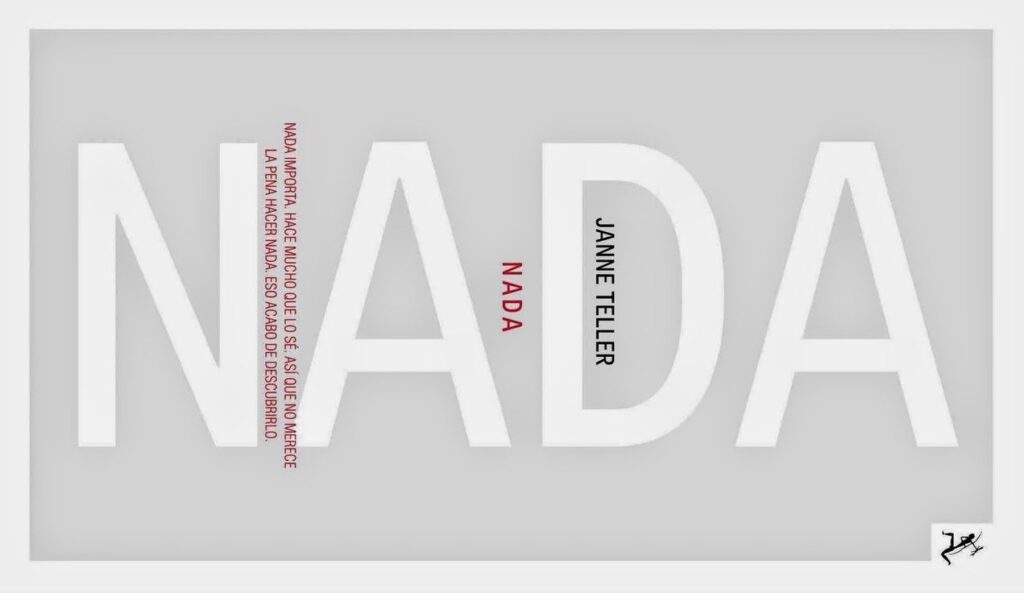
Ernest Becker (1973)
Winner of the Pulitzer prize in 1974 and the culmination of a life’s work, The Denial of Death is Ernest Becker’s impassioned answer to the “why” of human existence. In bold contrast to the predominant Freudian school of thought, Becker tackles the problem of the vital lie — mankind’s refusal to acknowledge its own mortality. In doing so, he sheds new light on the nature of humanity and issues a call to life and its living that echoes within you long after reading.
Antony Loewenstein (2023)
Investigative journalist Antony Loewenstein, author of Disaster Capitalism, uncovers this largely hidden world in a global investigation with secret documents, revealing interviews and on-the-ground reporting. This book shows in-depth, for the first time, how Palestine has become the perfect laboratory for the Israeli military-techno complex: surveillance, home demolitions, indefinite incarceration and brutality to the hi-tech tools that drive the ‘Start-up Nation’.
Gabor Maté & Daniel Maté (2022)
‘It all starts with waking up… to what our bodies are expressing and our minds are suppressing’.
After guiding us through the realm of hungry ghosts, face to face with addiction, the world of attention deficits and the hidden costs of stress, Maté has been urging us to return to ourselves, into our bodies and deeper than that. Co-written with his son Daniel, this book dives into trauma, illness and healing in a toxic culture – buckle up.
Rachel Sherman (2017)
A surprising and revealing look at how today’s elite view their own wealth and place in society. From TV’s “real housewives” to The Wolf of Wall Street , our popular culture portrays the wealthy as materialistic and entitled. But what do we really know about those who live on “easy street”? As the distance between rich and poor widens, Uneasy Street not only explores the real lives of those at the top but also sheds light on how extreme inequality comes to seem ordinary and acceptable to the rest of us.
14. Queer Footprints
Dan Glass (2023)
Eat your heart out Lonely Planet, this fierce travelogue, queer archive and vibrant testament, is a chorus of voices of both iconic and unsung legends of the movement. Readers can walk through parts of East, West, South and North London, dipping into beautifully illustrated maps and extraordinary tales of queer solidarity, protest and pride. The shadows of gentrification, policing, homophobia and racism are time and again resisted.
From the Brixton Fairies to Notting Hill Carnival to world-changing protests in Trafalgar Square, Rebel Dykes to drag queen communes, Queer Footprints celebrates the hidden histories of struggle and joy.
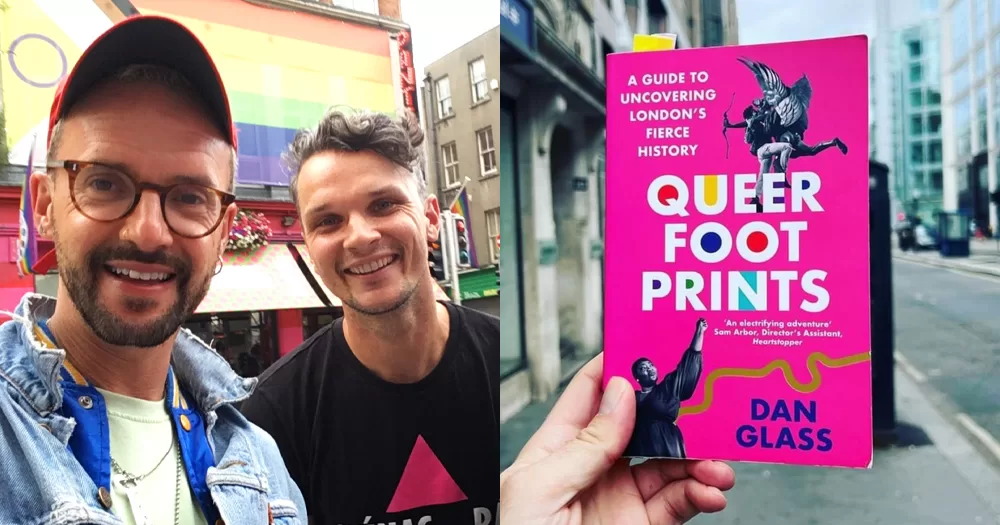
and a watchlist for the nonreaders..
watching might not be fundamental but it’s certainly fun so if you’re up for some memorable imagery that will very likely get deep under your epidermis, just press play (or more likely, the space bar)..
A Girl Walks Home Alone at Night (2014)
All the Beauty and the Bloodshed (2022)
Nausicaä of the Valley of the Wind (1984)
Which books/films have blown your mind or blown gusts of inspiration in your activism sails? I’ll be preparing another reading list when I have a dozen or so highly recommended titles, so send through yours at: ivan@guerrillafoundation.org – keep reading, stay rebellious.

